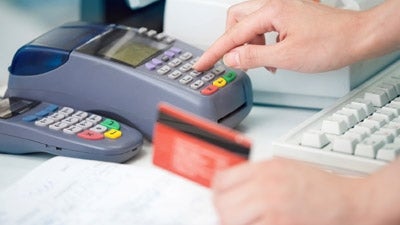
A charge-back is a credit card processed sales transaction that occurs when your customer disputes the transaction or when you fail to follow proper credit card acceptance and authorization procedures. The result of a charge-back is a reversal of the transaction, the withdrawal of funds from your merchant account and a deposit of the funds back into your customer’s account.
The most common reasons for charge-backs are:
- The customer does not recognize the merchant’s name on their credit card statement;
- The customer was charged for a purchase more than once;
- The merchant failed to deliver the product or service;
- The customer was dissatisfied with the product or service;
- The customer claims that the purchase was fraudulent.
What Charge-Backs Cost You
Incurring a charge-back could include the lost value of the sale (including shipping costs), a possible charge-back processing fee, and non-reimbursement of the transaction fee associated with the original sale. Merchants that incur excessive charge-backs can expect:
- Possible fines from the card associations;
- Higher processing rates on your merchant account;
- Being labeled a high-risk account;
- In extreme circumstances, losing your merchant account.
Steps to Avoid Charge-Backs
There are several steps you can take to avoid charge-backs, including:
- Never charging the sale before the item is shipped;
- Never accepting a declined sale;
- Not attempting a second authorization on a declined sale;
- Following the proper procedures for processing the sales transaction;
- Ensuring your customers know your business name and return/refund policies.
2730 Views












